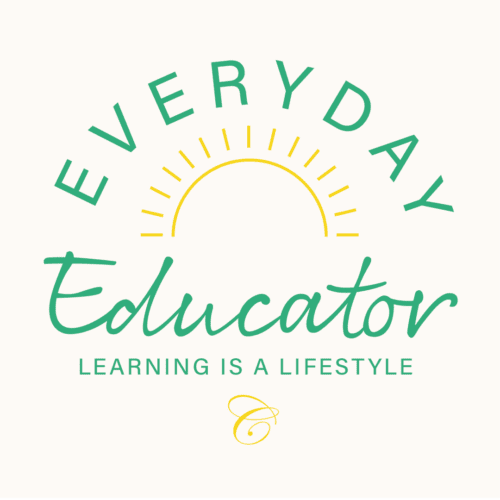Choose Education Independence
We Promote and Protect…
Independent Education
The purpose of education is to know God and to make Him known; therefore, we believe education, like religion, is a sacred pursuit outside the jurisdiction of the state.
Parental Autonomy
God trusts parents with their children and so should we; therefore, we advocate for the protection of parental rights and educational autonomy from the state.
Private Funding
Education is the responsibility of the family, with support from fellow believers; therefore, we recognize that the financial obligation falls on parents, with potential support from private, voluntary benefactors.
Flourishing Society
Wrestling with truth promotes blessing and virtue for the whole community; therefore, we uphold that independent education is the cornerstone to a flourishing society.

Classical Conversations Licensing and Enrollment Principles
While we encourage families to remain private independent homeschoolers, this is not a current requirement for family enrollment in a Classical Conversations community.
However, we do require all Classical Conversations Licensed Directors, Local Representatives, and Area Representatives to remain private independent homeschoolers.
We encourage all Licensed Directors not to supply any credentials to community members for ESA reimbursement purposes or to directly accept any third-party funds for tuition and fees.
“We must be vigorous in defense
of the separation of education
and state”
— Ray Moore, Director of Exodus Mandate
JOIN THE FIGHT.
JOIN THE NETWORK.
CHOOSE EDUCATION INDEPENDENCE.
Signing up for the network to help promote and protect education independence







